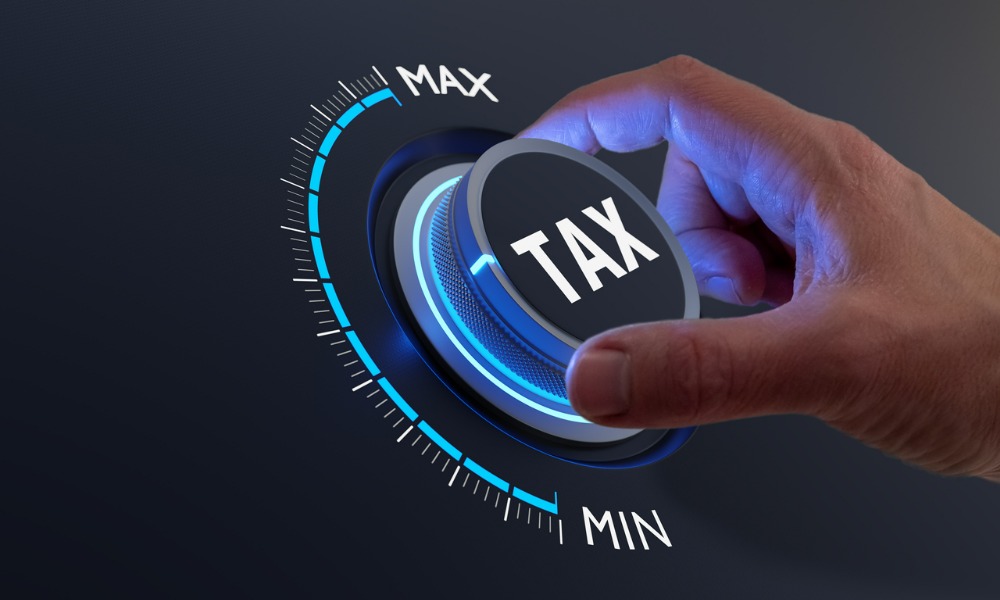Kevin Fettig calls flipping and vacant home taxes symbolic and ineffective

Efforts to address Canada’s housing affordability crisis through tax policies are nothing more than “band-aids,” said Kevin Fettig, president of CMI Financial.
In an analysis published on CMI’s housing blog, Fettig criticized recent tax measures such as flipping and vacant home taxes, arguing that they fail to address the root cause of the issue: insufficient housing supply.
“Many groups have been cast as villains in Canada’s housing affordability narrative—foreign buyers, speculators, investors, and owners of vacant properties have all been blamed for driving up prices,” he said. “However, when it comes to homeowners who ‘flipped’ their properties, that narrative is full of holes.”
Fettig cited findings from a Statistics Canada study that analyzed property flipping in British Columbia between 2019 and 2021. The report revealed that flipping, a practice defined as selling a property within a year of purchase, accounted for just 3% of home sales in the province in 2021.
Contrary to popular belief, flipping offered minimal financial gains for most participants, Fettig said. Statistics Canada reported a gross profit margin of 20.3% on flipped properties, but after accounting for real estate fees, renovation costs, taxes, and other expenses, profits dwindled to just 2.3%. In some cases, flippers may have even faced losses.
Read more: BC announces home-flipping tax, plus aid for first-time buyers
Despite these findings, BC plans to implement a flipping tax in 2025, adding to the federal rule enacted in January 2023 that taxes profits from properties flipped in under a year as business income.
“It will be interesting to see if the province will even recover the administrative costs of implementing and enforcing this tax policy,” Fettig said.
Fettig also scrutinized vacant home taxes, which aim to address affordability by penalizing owners of unoccupied properties. Municipalities like Toronto have introduced these taxes, requiring all homeowners to declare their property status.
While Toronto collected $56.5 million in 2022 and $50.6 million in 2023 through its vacant home tax, the program’s rollout has been far from smooth. The city spent $2.6 million to fix administrative issues and recently increased the tax rate from 1% to 3% of a property’s assessed value, aiming to generate $105 million in 2024.
Fattig argues that such taxes may discourage long-term residential development, undermining the goal of increasing housing availability.
“As Jack Mintz points out, governments ‘may levy vacant property taxes with the best of intentions but if, as seem likely, such taxes discourage long-run residential development, their effect will be the exact opposite of what proponents intended,’” he wrote in the blog.
“Similarly, a study by the C.D. Howe Institute found that “[v]acant home taxes can improve housing availability, but not affordability.”
“While these types of tax policies create the illusion that governments are tackling the affordability crisis, they ultimately deflect attention from the core problem: how to build more homes.”
Make sure to get all the latest news to your inbox on Canada’s mortgage and housing markets by signing up for our free daily newsletter here.



